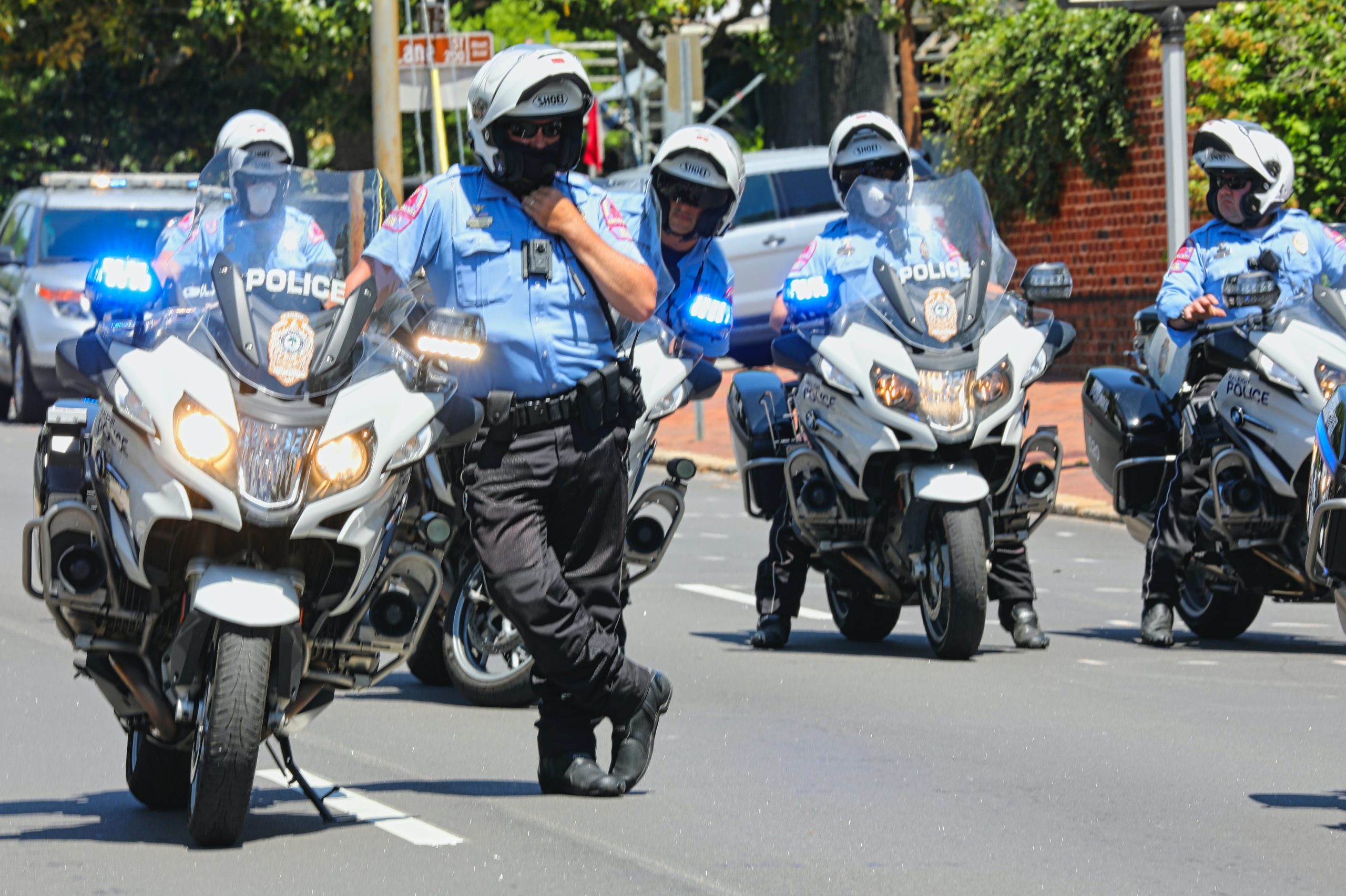On Monday, 68 police officers, firefighters and other Raleigh municipal employees filed a lawsuit against the City of Raleigh and Mayor Mary-Ann Baldwin over the city’s denial of promotions to those who haven’t received a COVID-19 vaccine, and their requirement that employees either need to be vaccinated or submit to weekly testing. The suit was filed in in Wake County Superior Court naming Baldwin a defendant in her capacity as the mayor, and Marchell Adams-David in her capacity as city manager.

“The lawsuit points out several different ways that Raleigh’s mandate fails to abide within the confines of the U.S. and North Carolina constitutions, federal and state laws, and even Raleigh’s own ordinances, especially against discrimination,” said Jon Sanders, senior regulatory studies fellow at the John Locke Foundation. “Employees who chose not to receive a Covid vaccine are subjected to discriminatory treatment under which only they must undergo weekly testing, are precluded from bonus pay and paid leave privileges offered other city employees, and are prevented career advancement opportunities by being denied promotion, while prospective employees are denied the opportunity to work for the city at all. Unvaccinated employees face future discrimination by being subjected to a $50 monthly health insurance surcharge starting next year.”
The lawsuit begins by saying that although the city claims to be fighting discrimination on all fronts, “actions speak louder than words.” And the workers who filed the suit say it is discrimination to tell city employees that, while they can continue working for the city, they cannot advance in the careers if they are not vaccinated.
The workers cited many statements and policies from the city regarding equity and discrimination, including that the workforce must reflect the demographics of the city. They argue that since 17% of the city’s population over 18 is not vaccinated that they should expect a similar proportion of employees to also be unvaccinated.
“Plaintiffs could have abandoned their posts at the outset of the COVID-19 pandemic and followed City leadership’s example by staying ‘safer at home,’” the suit says. “There is no ‘remote work’ option for responding to domestic violence, shootings, car accidents, fires, or riots in downtown Raleigh. While white-collar professionals sheltered in place, Plaintiffs woke up every day, put on their uniforms, faced down COVID-19, and put their lives on the line to protect and serve Raleigh’s citizens. They still do. But now, because City leadership disagrees with their personal decision to decline the COVID-19 vaccines, the City limits their career prospects, forcing Plaintiffs to choose between putting a vaccine into their bodies that they have serious questions and concerns about and looking for career advancement elsewhere.”
James R. Lawrence and Anthony J. Biller of Raleigh’s Envisage Law are listed on the suit as counsel for the plaintiffs. They have requested a jury trial.
The document lists a number of ways they believe the city’s mandate that employees either submit to weekly tests or get vaccinated, as well as their policy not to promote anyone who isn’t vaccinated, are illegal. They say the policies supersede the authority given to Raleigh by the state General Assembly regarding supervising employees, violate the federal Fair Labor Standards Act, violate the Equal Protection Clauses of the U.S. and N.C. constitutions, and violate 14th amendment due process rights, among other violations.
In their argument concerning due process, the plaintiffs argue that the Casey vs. Planned Parenthood case, which found women had a right to an abortion due to bodily autonomy, applied equally to those who didn’t wish to receive a COVID-19 vaccine.
“Plaintiffs have a fundamental right to bodily autonomy under Casey,” the city employees argued. “The City’s mandate violates Plaintiffs’ fundamental right by conditioning their promotional opportunities at the City based on whether they have taken any of the COVID-19 vaccines, coercing them to submit to a medical procedure they object to.”
Another line of argument surrounds whether the city denied employment based on “genetic information.”
“One of the most interesting charges in the lawsuit is that Raleigh’s mandate is in violation of the North Carolina Genetic Nondiscrimination Act,” Sanders said. “Under that law, Raleigh cannot ‘deny or refuse employment to any person … on the basis of genetic information obtained concerning the person,’ and its definition of ‘genetic information’ notably includes ‘gene products.’ The lawsuit notes that current vaccines are made to induce the creation of spike proteins within the recipient’s body, and that proteins are textbook gene products. That being the case, disparate treatment of employees and would-be employees on this basis would be illegal.”
In their prayer for relief, the plaintiffs requested that the court:
“A. Declares that the City’s COVID-19 promotion and testing mandate is in excess of the City’s legal authority, and is thus null, void, and without legal effect.
B. Enjoin Defendants from enforcing the City’s COVID-19 promotion and testing mandate against Plaintiffs;
C. Award Plaintiffs backpay and lost wages for compensable time they spent testing for COVID-19 pursuant to the City’s testing mandate;
D. Award Plaintiffs attorney’s fees and costs; and
E. Provide Plaintiffs any other relief that this Court deems necessary and equitable.”
As of posting time, The City of Raleigh has not responded to a request for comment.